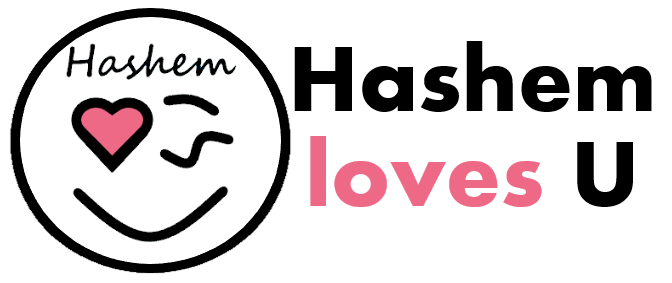 6th of Sivan – The festival of Shavuot was the unforgettable wedding day. Hashem is the noble groom and the Jewish nation is the beautiful bride who stood under a mini Mt. Sinai canopy surrounded by fragrant flowers and green pastures. Amidst the sight and sound of thundery fireworks, each said their vows wholeheartedly, never ever to exchange one for another.
6th of Sivan – The festival of Shavuot was the unforgettable wedding day. Hashem is the noble groom and the Jewish nation is the beautiful bride who stood under a mini Mt. Sinai canopy surrounded by fragrant flowers and green pastures. Amidst the sight and sound of thundery fireworks, each said their vows wholeheartedly, never ever to exchange one for another.
How, oh how, could we always maintain the heart-stirring excitement and freshness of that special day forever in our lives?
נָשֹׂ֗א
On the Shabbat which immediately follows Shavuot, the Torah portion Naso is read. Naso is the largest of all the weekly portions, combined with extensive Midrashim and the interpretations of the Zohar. We show our love for the Torah on this first Shabbat after having received it, by being unwilling to bring the study of Torah to an end. Naso has various connotations: (1) to lift up, (2) to count, (3) to carry and support, (4) to endure, (5) to make a vow, and (6) to marry (לְהִנָשֵׂא). This Torah portion will give us the power to remain on a high even long after the wedding, providing us with the means of carrying out our vows and retaining an everlasting relationship with our loving God.
Here’s 1 idea:
(ה:ל) – א֣וֹ אִ֗ישׁ אֲשֶׁ֨ר תַּעֲבֹ֥ר עָלָ֛יו ר֥וּחַ קִנְאָ֖ה וְקִנֵּ֣א אֶת־אִשְׁתּ֑וֹ וְהֶעֱמִ֤יד אֶת־הָֽאִשָׂה֙ לִפְנֵ֣י יְהוָ֔ה וְעָ֤שָׂה לָהּ֙ הַכֹּהֵ֔ן אֵ֥ת כָּל־הַתּוֹרָ֖ה הַזֹּֽאת
“or when a man becomes jealous and he is wrought up over his wife: the woman shall stand before Hashem and the priest shall carry out for her this entire law”
The simple explanation of this verse is that if a man suspects his wife of adultery but there is no proof of either guilt or innocence, the Torah provides a miraculous procedure that will either prove that she sinned or show conclusively that she was faithful and thereby restore trust and love to the marriage.
One could read this verse figuratively and refer to the “husband” as Hashem who feels like His “wife,” Klal Yisrael, has deviated from their relationship and is looking for excitement elsewhere. What is the solution?
וְעָ֤שָׂה לָהּ֙ הַכֹּהֵ֔ן אֵ֥ת כָּל־הַתּוֹרָ֖ה הַזֹּֽאת
Guide and reconnect her back to the Torah. The Torah is what was given to us at Mt. Sinai and is our medium of connection to Hashem. In the Passover Haggadah, we recite:
אִלּוּ קֵרְבָנוּ לִפְנֵי הַר סִינַי וְלֹא נָתַן לָנוּ אֶת הַתּוֹרָה דַּיֵּנוּ
“If Hashem brought us to Mt. Sinai and didn’t give us the Torah, it would have sufficed!”
How can we make sense of this? The only reason why we arrived at Mt. Sinai was to receive the Torah! Surprisingly, Rabbi Shlomo Wolbe (Ali Shor II) explains just the opposite. Every time we learn Torah, it reconnects us back to that extraordinarily special moment in which Hashem revealed Himself to us, the enchanting wedding day. This was the basis of our entire relationship.
ישראל ואורייתא וקודשא בריך הוא חד הוא
“The Jewish people, the Torah, and Hashem are one and the same.” (Zohar)
R’ Yerucham Levovitz (Da’at Chachma U’mussar 1:63) explains that by learning Torah, one literally becomes attached to Hashem and is in His presence. Therefore, there’s no difference between וְהֶעֱמִ֤יד אֶת־הָֽאִשָׂה֙ לִפְנֵ֣י יְהוָ֔ה and וְעָ֤שָׂה לָהּ֙ הַכֹּהֵ֔ן אֵ֥ת כָּל־הַתּוֹרָ֖ה הַזֹּֽאת. Learning Torah is equivalent to standing before Hashem!
In summary, the Torah is the ultimate way to flash on the revelation at Mt. Sinai and retain an intimate relationship with Hashem – feeling the love and connection 24/7!
#Torah is my life!
